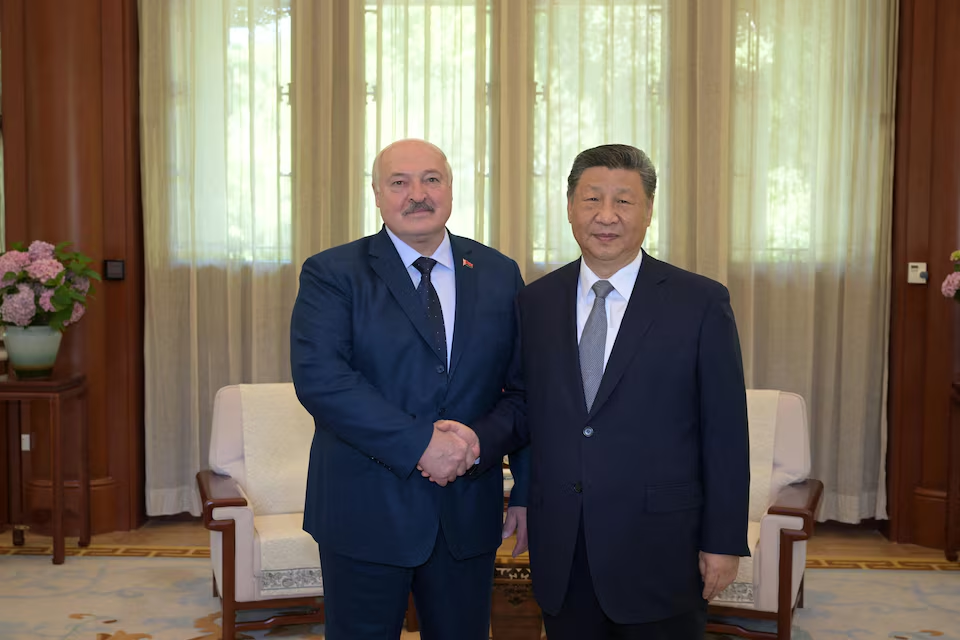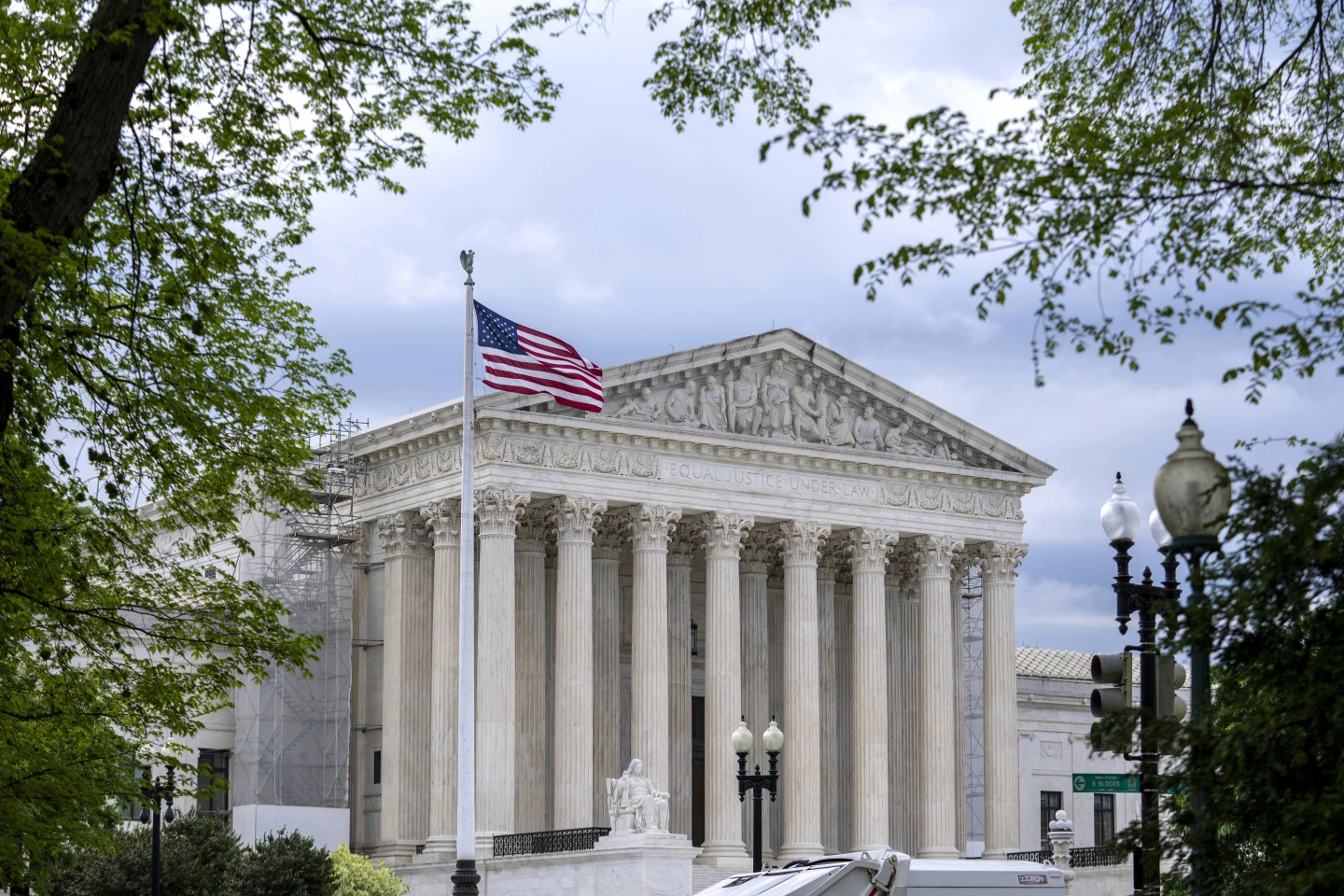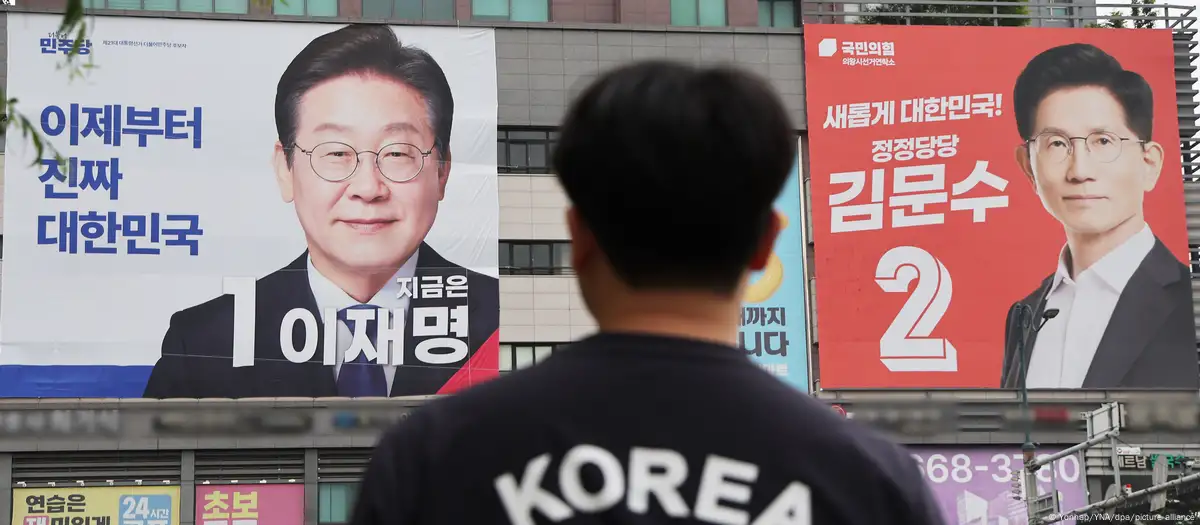Chinese President Xi Jinping met with Belarusian President Alexander Lukashenko in Beijing on Wednesday, reaffirming their countries’ strong bilateral ties and describing Belarus as China’s “all-weather” strategic partner. The meeting highlights Beijing’s continued outreach to allies of Russia as it navigates global geopolitical tensions and growing scrutiny from the West.
Xi welcomed Lukashenko at the Great Hall of the People, praising the development of China-Belarus relations and their shared support on international issues. “Belarus is a trustworthy and long-term friend,” Xi stated, adding that the two nations would continue deepening cooperation in trade, infrastructure, and security.
This marks Lukashenko’s latest visit to China since his February 2023 state trip, during which both leaders committed to strengthening a “comprehensive strategic partnership.” The term “all-weather partnership,” often used by China for close allies, reflects a high level of diplomatic engagement and mutual support regardless of shifting global conditions.
The Belarusian president, a key ally of Russian President Vladimir Putin, reiterated his support for China’s global initiatives and thanked Beijing for its economic and political backing. Lukashenko also emphasized Belarus’s readiness to participate in China’s Belt and Road Initiative (BRI), a global infrastructure and trade project that has been a cornerstone of China’s foreign policy.
Chinese state media reported that the leaders discussed expanding cooperation in manufacturing, agriculture, and technology. Xi expressed interest in leveraging Belarus’s geographical position as a transit hub between Asia and Europe. The two sides also discussed enhancing joint industrial parks, including the China-Belarus Industrial Park near Minsk, which serves as a flagship project of BRI collaboration.
While the talks focused largely on economic cooperation, regional and global political dynamics were an underlying theme. Both leaders expressed opposition to Western sanctions and what they described as attempts to impose a “unipolar” world order. Xi reiterated China’s stance on respecting national sovereignty and non-interference in internal affairs—a principle Beijing frequently invokes in response to criticism over its positions on Taiwan, Hong Kong, and human rights.
The timing of the visit is notable, coming as China faces mounting diplomatic pressure from the U.S. and its allies over its continued economic and political alignment with Russia. Though China claims neutrality in the Russia-Ukraine conflict, it has maintained close ties with Moscow and avoided condemning Russia’s invasion. Belarus, in turn, has supported Russia diplomatically and allowed Russian forces to use its territory during the war.
Western governments are likely to view the Xi-Lukashenko meeting as part of a broader effort by China to build a bloc of sympathetic or like-minded states amid growing global polarization. The U.S. and EU have sanctioned Belarus over its authoritarian practices and its role in facilitating the Ukraine war. China, however, has continued to engage with Minsk both diplomatically and economically.
Lukashenko’s visit is expected to yield new agreements on bilateral trade and infrastructure investment, though specific details were not immediately released. Belarus is also seeking increased Chinese investment to offset the economic damage from Western sanctions and its limited access to European markets.
The meeting reaffirms the close alignment between Beijing and Minsk, and analysts say it underscores China’s intent to bolster its network of partnerships beyond traditional Western alliances. As geopolitical divides deepen, China appears increasingly committed to building alternative global alliances with countries such as Belarus, Russia, Iran, and others that share its opposition to U.S.-led global norms.
In closing remarks, Xi said China and Belarus “stand together in all seasons,” reinforcing the symbolic significance of the “all-weather” terminology. Lukashenko echoed that sentiment, calling China “a pillar of global stability.” The two leaders pledged continued collaboration on multilateral platforms and vowed to uphold a multipolar international order.
Source; Reuters



